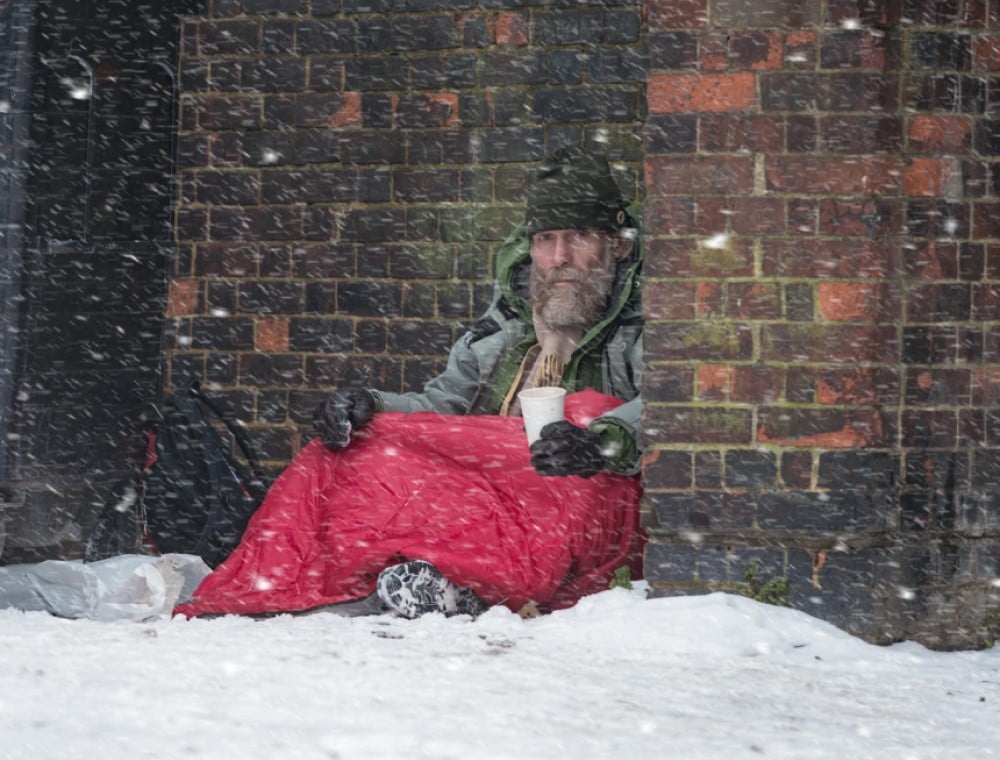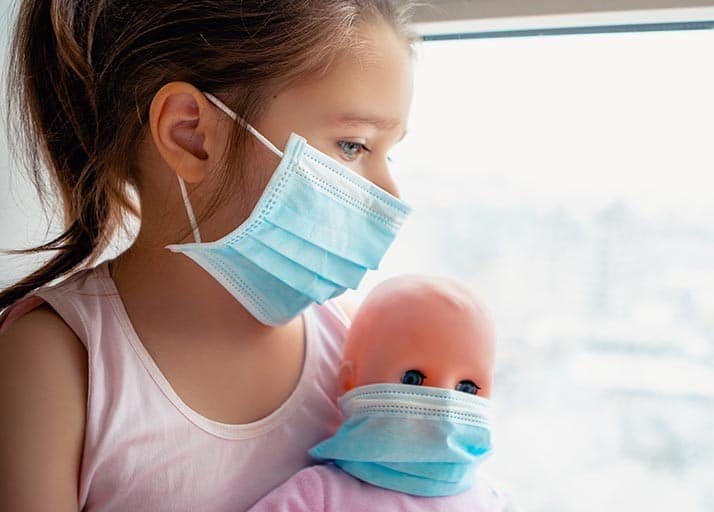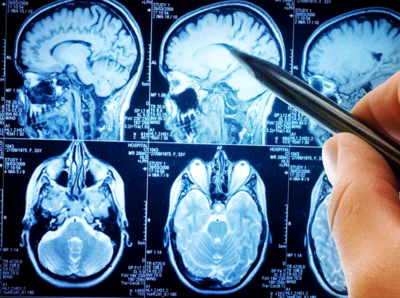

Sleep deprivation has a negative impact on people’s functional abilities. For instance, it has been linked with attention & memory deficits as well as a rise in car accidents. According to The Guardian Trusted Source How modern life gets in the way of sleep | Sleep | The Guardian Up to 30% of people in developed countries now suffer from chronic insomnia. How did we get so sick and tired? www.theguardian.com , chronic sleep deprivation has been associated with diabetes, obesity, and cardiovascular diseases; it also precedes several psychiatric illnesses, cancer, and Alzheimer’s disease.
Modern life often gets in the way of sleep, but sleep deficiency has life-threatening consequences. When you lose sleep, it takes more time for your body to recover. Think of it as debt payments. In addition to paying the principal amount, you also have to include interest.
There have been studies aimed at addressing sleep recovery after repeated sleep deprivation, but none of them clearly highlights how much time people need to recover from chronic sleep deficiency. This is why Ochab and colleagues from the Jagiellonian University in Kraków, Poland, decided to conduct a study consisting of several adults who intentionally went through 10 days of sleep restriction. They followed up the sleep deficiency with 7 days of unrestricted sleep for recovery.
To enhance the authenticity of the study, all participants took part in the study without disrupting their daily routines and in their typical environment. They also went through electroencephalography (EEG) on a daily basis to monitor their brain activity and always wore wrist sensors to keep tabs on their daily patterns of activity and sleep. The participants’ reaction times and accuracy were measured using Stroop tasks or questions that they had to answer daily.
After a 1-week sleep recovery period, the researchers found out that the only aspect that the participants had recovered was their baseline sleep levels. They still hadn’t gone back to their performance before the sleep deprivation as indicated by their accuracy on Stroop tasks, rest-versus-activity patterns as recorded by their wrist sensors, and EEG measures of brain activity. Jeremi Ochab and his colleagues presented these findings in the open-access journal PLOS ONE Trusted Source Observing changes in human functioning during induced sleep deficiency and recovery periods Prolonged periods of sleep restriction seem to be common in the contemporary world. Sleep loss causes perturbations of circadian rhythmicity and degradation of waking alertness as reflected in attention, cognitive efficiency and memory. doi.org .
It’s difficult to compare the results from Ochab and his colleagues to those of other studies that used varying research methods. However, this study contributed new intriguing insights into the time it takes to recover from chronic sleep loss. It also paves the way for future researchers to expand on the study by using more participants and increasing the recovery period, making it easy for them to determine the exact time it takes for the different functions to go back to normal.
According to CNN Trusted Source Recovering from a lack of sleep takes longer than you might think, study says - CNN Yawning and exhausted from another night of little sleep? Congratulations, you have joined the multitude of people around the globe who suffer from sleep deprivation, a serious problem that can affect your mental and physical health. edition.cnn.com , sleep problems are part of a global epidemic that impacts a whopping 45% of the world population and threatens their quality of life and overall health. Recovering from a sleep deficit is not as easy as it seems, irrespective of your age. It takes around 7 days to fully regain your reaction times and even longer to get back your cognitive abilities. This is why it’s crucial that people get sufficient sleep and avoid getting sleep debt with the aim of recovering it over the weekends.





